Sleep apnea is a condition where breathing repeatedly stops during sleep, leaving you exhausted and putting stress on your body. Many people don’t realize they have it, often mistaking the signs for normal tiredness or stress. With the right treatment, you can protect your health and finally get refreshing sleep again. At Keystone Dentistry in Belton, MO, you can schedule your consultation today to begin your journey toward healthier rest.
What Is Sleep Apnea?
Sleep apnea occurs when airflow is disrupted during sleep, which lowers oxygen levels and prevents the body from reaching deep rest. Over time, these repeated interruptions take a toll on energy, focus, and overall wellness. Treatment helps restore normal breathing and more restful nights.
- Interrupted breathing: Repeated pauses in breathing during sleep that disturb rest cycles.
- Reduced oxygen: Drops in oxygen levels that can strain the brain, heart, and other organs.
- Poor sleep cycles: Frequent disruptions that keep the body from entering deep, restorative sleep.
Types Of Sleep Apnea
There are several forms of sleep apnea, and each one requires a different approach to care. Some types happen because of airway blockages, while others involve the way the brain controls breathing. Knowing which type you have makes it possible to find effective treatment.
- Obstructive sleep apnea: Caused by airway blockage, often due to soft tissues collapsing during rest.
- Central sleep apnea: Occurs when the brain fails to send proper signals to the muscles that control breathing.
- Complex sleep apnea: A combination of both obstructive and central forms that requires tailored treatment.
Symptoms Of Sleep Apnea
The signs of sleep apnea are often overlooked or blamed on a busy lifestyle. Recognizing them early gives you the chance to seek help and avoid serious health concerns. Once treated, many patients find their sleep and energy improve quickly.
- Loud snoring: Ongoing snoring that may disrupt partners and signal blocked airflow.
- Choking or gasping: Waking suddenly during the night as the body struggles to breathe.
- Morning discomfort: Frequent headaches, sore throat, or dry mouth upon waking.
- Daytime fatigue: Feeling drained or unable to focus, even after a full night in bed.
Diagnosing Sleep Apnea
A proper diagnosis is the first step toward finding relief and better sleep. Testing may take place in a sleep center, or you may be given an at-home device depending on your needs. Once results are reviewed, your provider will create a treatment plan designed for you.
- Sleep studies: Monitored overnight tests that record oxygen levels, breathing patterns, and sleep stages.
- Home testing kits: Compact devices used at home to track breathing and sleep disruptions.
- Professional evaluation: Expert review of results to confirm diagnosis and plan the best treatment.
Risk Factors For Sleep Apnea
Several factors can increase the risk of developing sleep apnea. While some are out of your control, others can be managed with healthier habits and lifestyle changes. Understanding these risks helps you take steps to protect your well-being.
- Weight and neck size: Extra tissue around the airway can increase the chance of obstruction during rest.
- Age and gender: More commonly seen in men and older adults, though anyone can develop the condition.
- Lifestyle choices: Smoking, alcohol use, and sedative medications relax airway muscles and worsen symptoms.
- Family history: Genetic traits may make certain people more likely to develop sleep apnea.
Health Risks Of Untreated Sleep Apnea
Leaving sleep apnea untreated affects more than just your nightly rest. The condition can raise the risk of serious health issues and reduce your overall quality of life. Getting treatment now protects both your sleep and your long-term health.
- Cardiovascular concerns: Linked to high blood pressure, heart disease, and irregular heart rhythms.
- Serious illness risks: Greater chance of developing stroke, diabetes, and metabolic disorders.
- Daily safety issues: Chronic fatigue increases the likelihood of accidents at work or while driving.
Breathe Easier With Laser Sleep Apnea Treatment
Laser therapy is a minimally invasive option that may reduce symptoms for certain patients. It works by gently tightening or shrinking excess tissue in the airway to improve airflow. This treatment can provide safe and effective relief for many people.
- Gentle option: Non-surgical approach that reduces tissue with little downtime.
- Improved breathing: Helps open the airway, allowing smoother airflow during rest.
- Lasting benefits: May lessen snoring and nighttime interruptions for better sleep.
Find Relief With Oral Appliance Therapy
Oral appliances are a simple and effective alternative to bulky CPAP machines. These custom devices are worn while you sleep and gently reposition the jaw to keep the airway open. They are comfortable, easy to use, and convenient for everyday life.
- Custom design: Each device is tailored to fit your mouth securely and comfortably.
- Jaw support: Adjusts the lower jaw to prevent the airway from collapsing during sleep.
- Travel-friendly: Lightweight, discreet, and easy to bring along compared to large machines.
- Reliable results: Often helps patients enjoy deeper rest and reduced snoring.
Reclaim Your Rest &
Protect Your Smile
Living with sleep apnea can affect your health, your energy, and even your safety. With solutions like oral appliance therapy and laser treatment, you can enjoy healthier sleep and improved well-being. At Keystone Dentistry in Belton, MO, you’ll find trusted providers ready to guide you toward lasting relief. Call today to schedule your consultation and take the first step toward better sleep and a healthier tomorrow.
